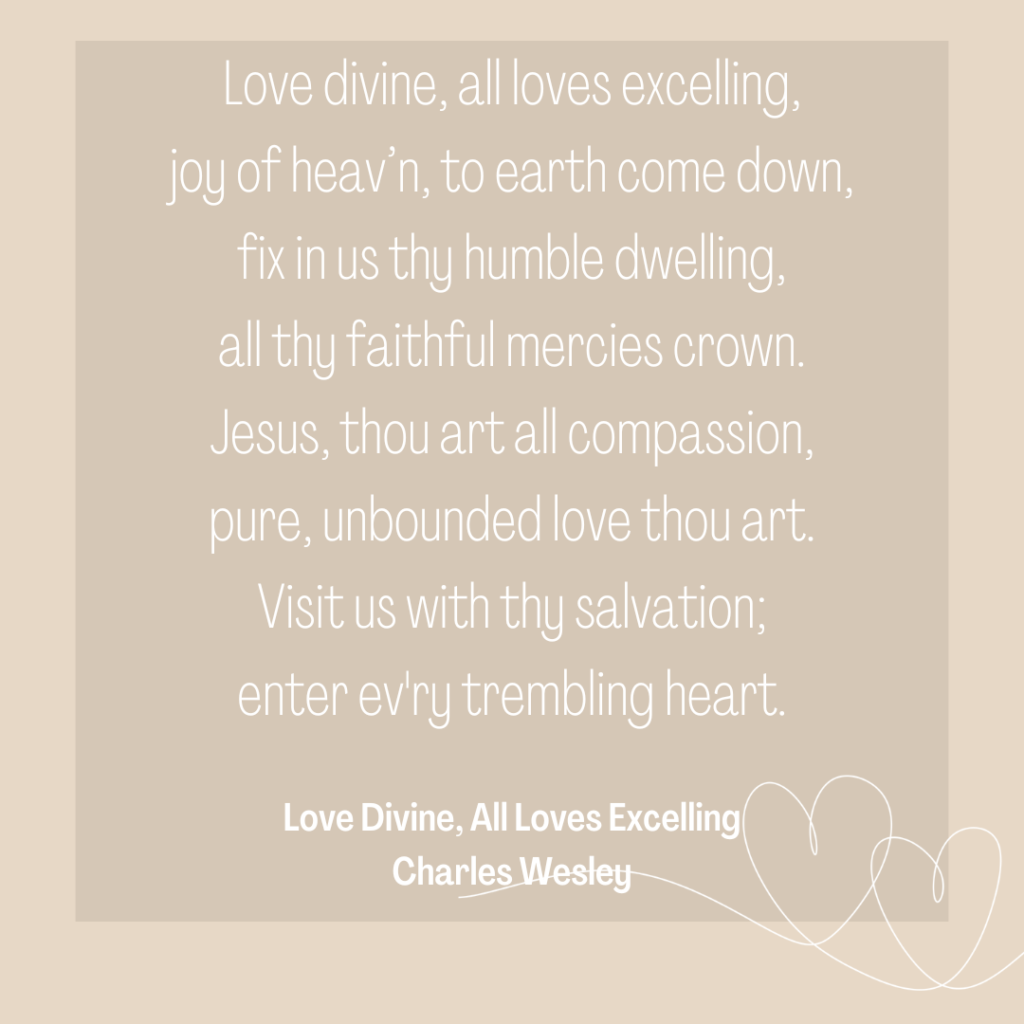“Service in life, hope in death. All who follow the queen’s example and inspiration of trust and faith in God can with her say: ‘We will meet again.’”
The archbishop of Canterbury, Justin Welby
She was a queen, but nowhere in her funeral is glorifying her great deeds. The Bible text, the hymn so well chosen pointing us to her faith in God, her redeemer Jesus, and her strength through Holy Spirit.
I have been following the funeral on and off for the whole day, the funeral service at Westminster Abbey, the procession and the committal service at St. George’s Chapel Windsor Castle. Other than paying tribute to the queen, I am also very interested in funeral music and liturgy for a queen.
Both services end with organ postlude by J.S. Bach. The music played by Queen’s piper was enchanting and lamenting. The choir was outstanding yet supporting the congregational singing. What I love most was the hymn after the Lord’s prayer – Love Divine, all loves excelling.

And shortly after this hymn, and before the blessing was the new composition choir music by Sir James MacMillan. It was so beautiful and one can feel God’s profound love, based on the Bible text (Romans 8: 35a, 38b-end):
Who shall separate us from the love of Christ? Neither death, nor life, nor angels, nor principalities, nor powers, nor things present, nor things to come, nor height, nor depth, nor any other creature, shall be able to separate us from the love of God, which is in Christ Jesus our Lord. Alleluia! Amen.
What a hopeful funeral with a strong message of love. Queen Elizabeth II led with integration of her faith and her life. She has taken the responsibility and kept her promised as a queen. As the archbishop of Canterbury, Justin Welby said:
“Service in life, hope in death.
All who follow the queen’s example and inspiration of trust and faith in God can with her say:
‘We will meet again.’”
Music:
Note:
- Order of service at Westminster Abbey
https://www.bbc.com/news/uk-62948934
2. “Love Divine, all loves excelling” is written by Charles Wesley.
About the hymn-writer Charles Wesley.
Text below was taken from: https://hymnary.org/person/Wesley_Charles
Charles Wesley (1707-1788) was the great hymn-writer of all ages.
As a hymn-writer Charles Wesley was unique. He is said to have written no less than 6500 hymns, and though, of course, in so vast a number some are of unequal merit, it is perfectly marvellous how many there are which rise to the highest degree of excellence.
His feelings on every occasion of importance, whether private or public, found their best expression in a hymn. His own conversion, his own marriage, the earthquake panic, the rumours of an invasion from France, the defeat of Prince Charles Edward at Culloden, the Gordon riots, every Festival of the Christian Church, every doctrine of the Christian Faith, striking scenes in Scripture history, striking scenes which came within his own view, the deaths of friends as they passed away, one by one, before him, all furnished occasions for the exercise of his divine gift.
Nor must we forget his hymns for little children, a branch of sacred poetry in which the mantle of Dr. Watts seems to have fallen upon him. It would be simply impossible within our space to enumerate even those of the hymns which have become really classical.
The saying that a really good hymn is as rare an appearance as that of a comet is falsified by the work of Charles Wesley; for hymns, which are really good in every respect, flowed from his pen in quick succession, and death alone stopped the course of the perennial stream.
3. Texts:
Love divine, all loves excelling,
joy of heav’n, to earth come down,
fix in us thy humble dwelling,
all thy faithful mercies crown.
Jesus, thou art all compassion,
pure, unbounded love thou art.
Visit us with thy salvation;
enter ev’ry trembling heart.
Come, Almighty, to deliver,
let us all thy life receive.
Suddenly return, and never,
nevermore they temples leave.
Thee we would be always blessing,
serve thee as thy hosts above,
pray, and praise thee without ceasing,
glory in thy perfect love.
Finish, then, thy new creation;
true and spotless let us be.
Let us see thy great salvation
perfectly restored in thee.
Changed from glory into glory,
till in heav’n we take our place,
till we cast our crowns before thee,
lost in wonder, love and praise.